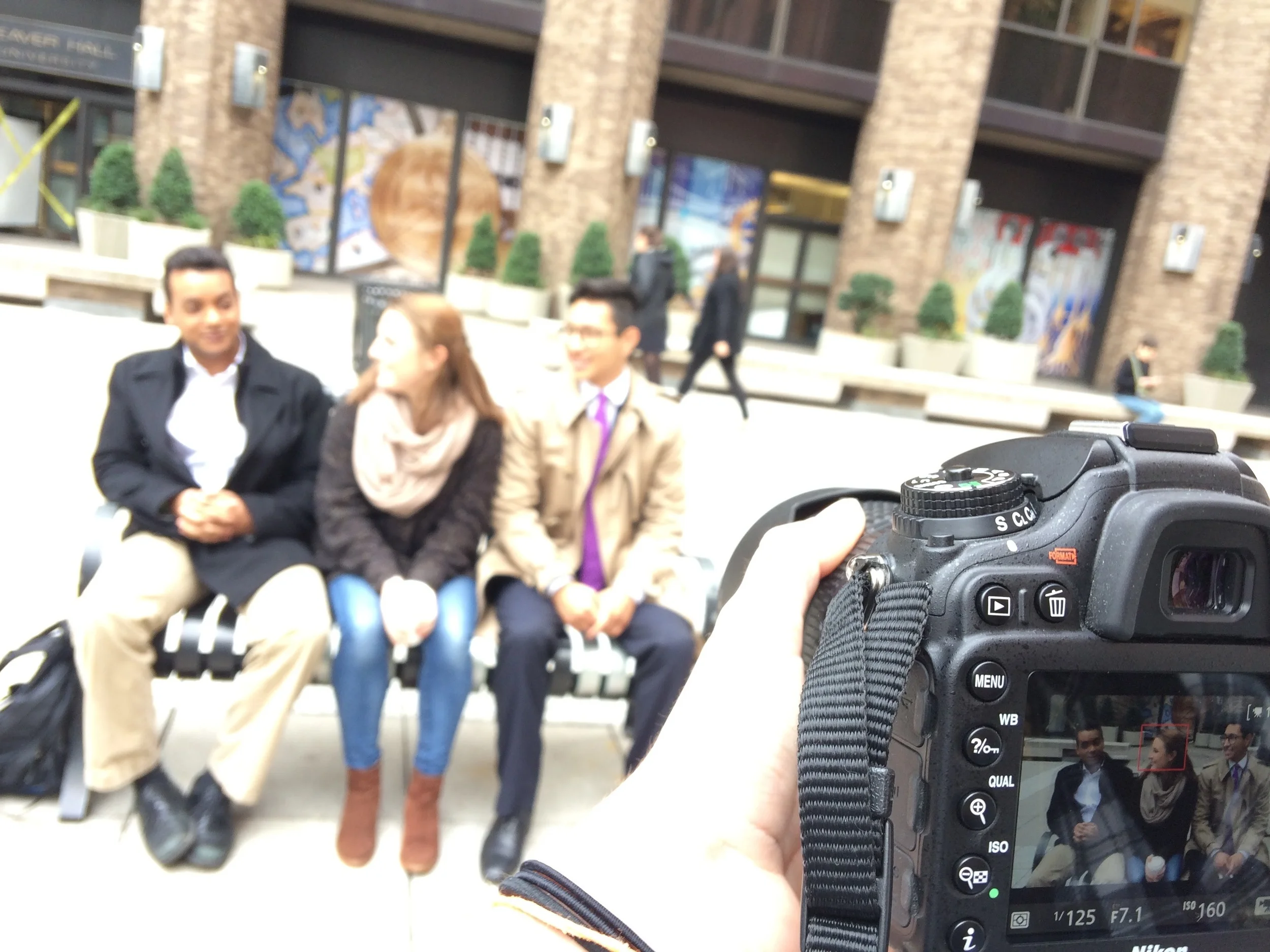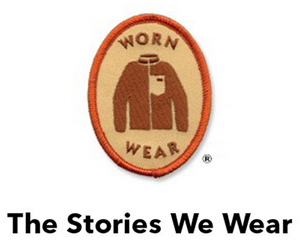The Stories We Wear and the Story We Throw Away
/by Aryn Aiken
In Robin Nagle’s talk at NYU The Wonder of Waste, mentioned in a previous post, Professor Nagle spoke on the alienable nature of trash. We separate ourselves from our trash because we want it to be invisible and anonymous. We don’t want the responsibility of disposing consciously and we don’t want the guilt of the trash that will take generations to “disappear.” Some objects in our lives are inalienable like family heirlooms and treasures. They are passed down but still in the family or still with someone you love. The idea of inalienable objects appears in Patagonia’s Worn Wear campaign that encourages and highlights their clothes being passed down through generations. Our trash will last as long as those items that Patagonia sells and/or we hold dear. The Worn Wear campaign promotes conscious consumption as purchasing things that will last for your lifetime and that of your children. However, there is a greater issue when it comes to conscious consumption of things we view of disposable, like packaging, plastic bottles, or even cell phones. If you have to buy something which has disposable packaging, make sure it’s recyclable and to recycle it. The Patagonia jacket that’s been in your family for 30 years carries the stories of everyone who has worn it and where they have been with it, but the trash you throw away everyday also tells a story and the trash we leave behind will show future generations how we live now.






















